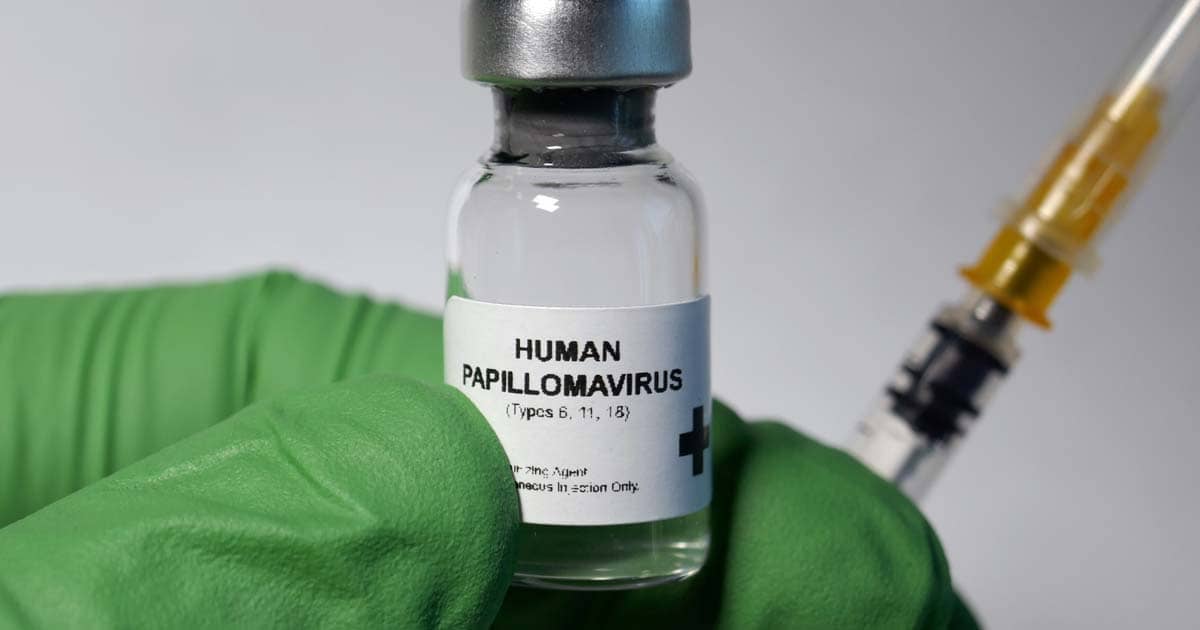It seems that a plethora of available information isn’t doing much to improve reproductive health and get people protecting themselves. Recently, we reported about a very troublesome trend affecting countries across the world. Syphilis, gonorrhoea and chlamydia cases are on the rise, regardless of the fact that screening and protection are more readily available than ever before.
Numerous factors are to blame for such developments and some of the latest findings paint a comprehensive picture. Research suggests that condom use is declining. In fact, it has been steadily doing so for a couple of years now. No matter what public health workers attempt to do in order to increase awareness, their efforts aren’t necessarily paying off.
Condom Use Down Among Men, Especially Among the Young
Researchers from the US were among the first to ring the alarm and suggest that barrier contraception is losing its popularity.
In 2011, condoms were the top method of contraception among 75 per cent of men. Fast forward to 2021 and that percentage has gone down to 42 per cent.
The percentage of teenagers who report using a condom has declined from 63 per cent in 2003 to 54 per cent in 2019. Chances are that the number has gone even further down since the last time data was collected.
Today, young people have more options than ever before to prevent pregnancies and reduce the risk of contracting STDs like HIV. Medicinal advances like the development of HIV PrEP and HIV PEP have delivered a sense of security that prompted many to stop counting on condoms.
Due to such advances, condom use has even declined among people considered at high risk. Men who have sex with men have reduced their reliance on barrier contraception, much like all other demographics represented in the latest study.
The New Realities of STD Prevention
The HIV PEP and PrEP protocols are both very effective at massively reducing the risk of an infection, even after unprotected exposure to the virus.
HIV-positive individuals are also getting access to antiretroviral therapies (ART) that are so effective they can completely supress the virus. A person who is diligent with taking their medications can achieve a non-detectable status, meaning they can’t pass HIV on to a sexual partner.
In other words, non-detectable has become the equivalent of non-transmissible.
The fact that the risk of HIV has been reduced, however, doesn’t mean that other sexually transmitted infections can’t be passed on when barrier contraception isn’t being used.
The rise in chlamydia, gonorrhoea and syphilis cases is the absolute evidence of that claim.
Aren’t people worried about these infections? It seems that they aren’t really aware of the potential long-term effects stemming from contracting an STD.
Most people believe that STDs like chlamydia, gonorrhoea and syphilis are treatable, hence not that “scary.” And while effective medical protocols do exist, the infections can go undetected for a very long period of time. When this happens, the viruses and bacteria can contribute to irreversible damage of the reproductive tract that leads to infertility in the worst cases.
The absence of awareness about these important details creates a false sense of security.
What People Say about Condom Use
There are several additional reasons why many people refrain from using condoms.
Some believe that inconsistent sexual education is to blame for their poor choices. Conservative upbringing often eliminates conversations about adequate sexual protection.
A prevalent belief that intimacy simply feels better without the barrier of a condom is also consistent among men. In fact, many people reported having sex without protection because they were worried about turning their partner off otherwise.
Standing one’s grounds in the bedroom can be very difficult, especially when it comes to such sensitive issues. Asking someone to use a condom in the heat of the moment requires courage and overcoming the fear of rejection.
At the same time, it’s vital to speak up. Everybody has an individual responsibility to take care of their sexual health. If a partner is being reluctant, a thorough conversation will be required before taking the relationship a step further.
Even people who get tested for STDs regularly should still be using barrier contraception unless they want to get pregnant. Condoms protect from all STDs and from pregnancy. A risk of infections exists in committed, monogamous relationships.
In fact, many medics recommend using a product like oral contraceptives alongside condoms. Such a combo delivers excellent protection against all possible risks.
If you don’t know how to talk to your partner about STDs, check out the following guide. We have also published some useful information on deciding to get tested together.
Do you still have questions about condoms, STDs and your overall reproductive health? Don’t hesitate contacting Shim Clinic or paying us a visit during working hours every day of the week. Our knowledgeable experts will answer your questions and also recommend the most practical way to protect yourself and be in charge of your wellbeing.

